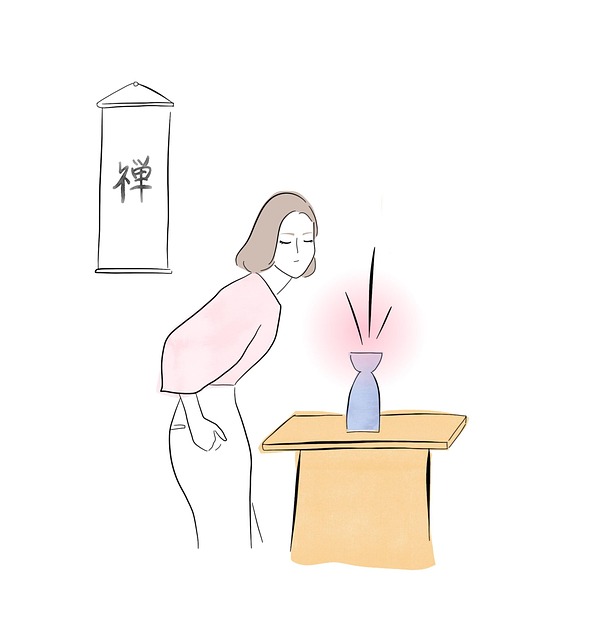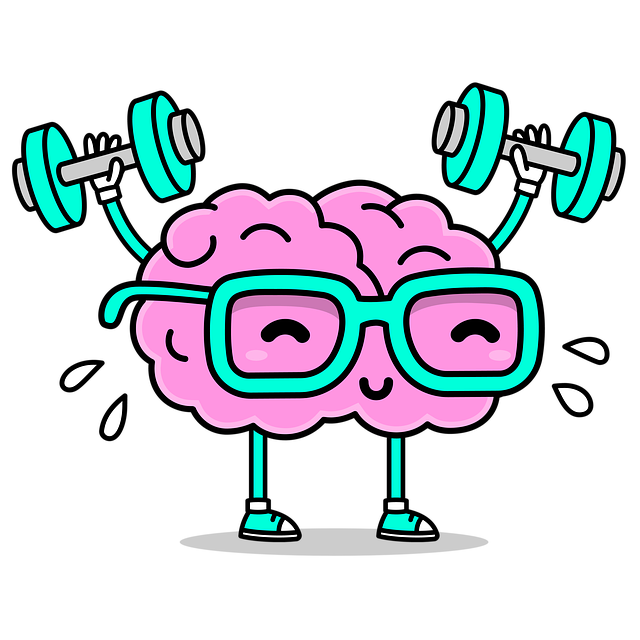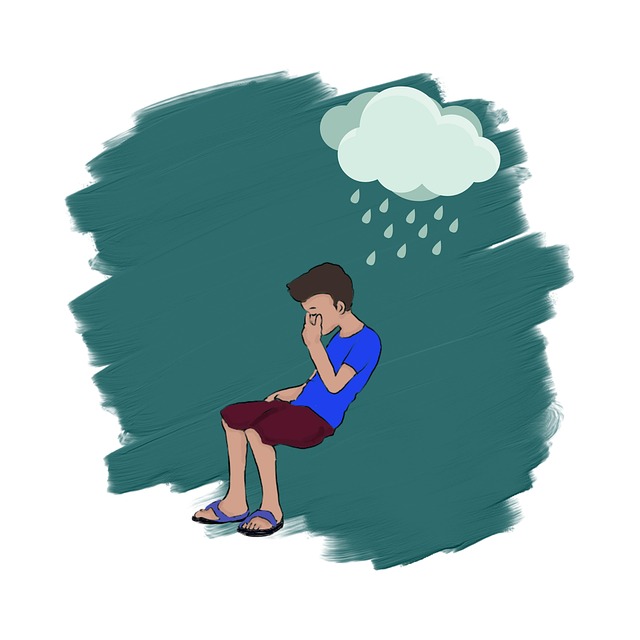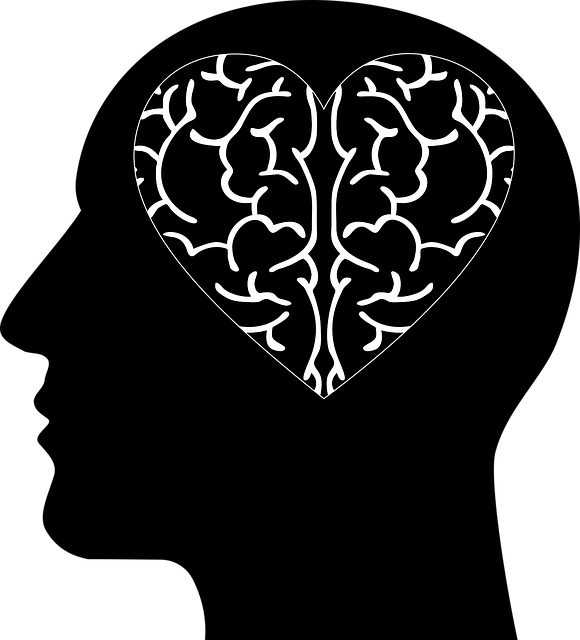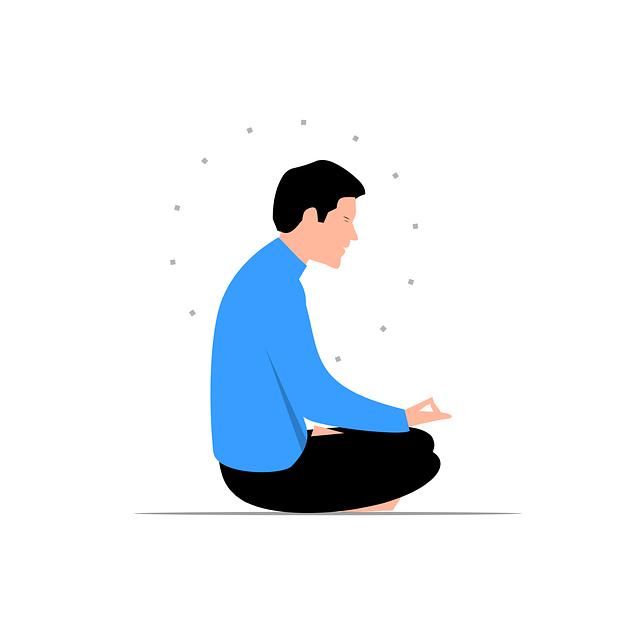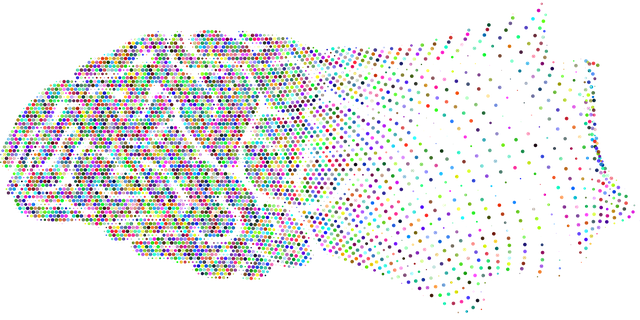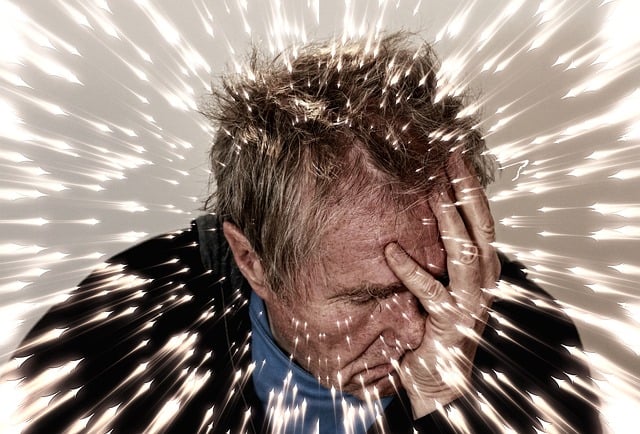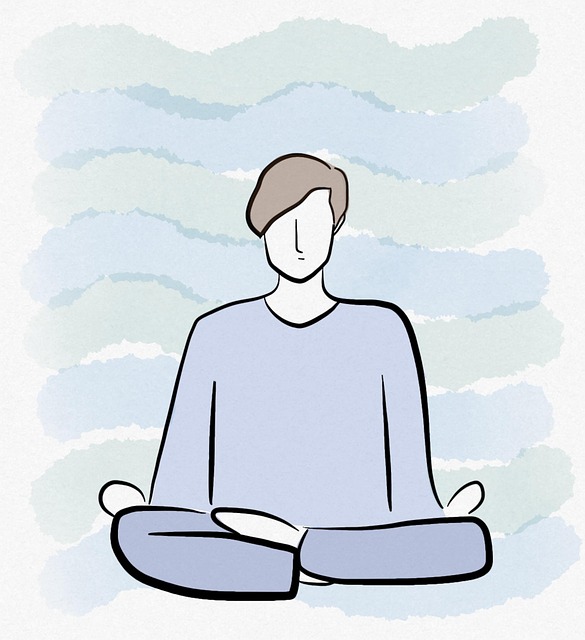Castle Rock Chronic Pain Therapy offers a comprehensive approach to treating chronic pain by integrating physical and mental health interventions, crisis support, education, and compassion cultivation practices. Their holistic model focuses on building resilience and inner strength through individual therapy and community outreach programs, fostering a supportive environment for personal growth. Self-care practices, such as mindfulness meditation, regular exercise, and balanced lifestyle habits, are essential supplements to professional care. Post-therapy, maintaining mental wellness requires ongoing resilience-building strategies, including stress management, physical activity, mindfulness, and social support, with workshops available to empower individuals in these areas.
Mental wellness is a cornerstone of overall health, and for those managing chronic pain, it’s especially crucial. This article delves into the multifaceted aspects of promoting mental well-being in the context of Castle Rock Chronic Pain Therapy. We explore how understanding mental wellness impacts pain management, highlight the role therapy plays, offer practical self-care strategies, and discuss building resilience for sustained mental health post-treatment. By addressing these key areas, individuals can enhance their journey towards recovery and improved quality of life.
- Understanding Mental Wellness and Its Impact on Chronic Pain
- The Role of Therapy in Promoting Mental Wellbeing for Chronic Pain Sufferers
- Strategies for Daily Self-Care to Complement Castle Rock Chronic Pain Therapy
- Building Resilience: Long-Term Mental Wellness After Castle Rock Chronic Pain Treatment
Understanding Mental Wellness and Its Impact on Chronic Pain

Understanding mental wellness is paramount when addressing chronic pain conditions. It’s not just about managing symptoms; it involves nurturing an individual’s overall well-being, including emotional, psychological, and social aspects. In many cases, chronic pain patients struggle with mental health issues such as anxiety, depression, or even post-traumatic stress disorder (PTSD). These co-occurring conditions can significantly impact a person’s ability to cope, leading to a vicious cycle where pain exacerbates mental distress, which in turn intensifies the sensation of pain. This interconnectedness highlights the need for comprehensive care that integrates both physical and mental health interventions.
Castle Rock Chronic Pain Therapy recognizes this holistic approach as a powerful tool for healing. Crisis intervention guidance, mental health education programs designed to foster resilience, and compassion cultivation practices have proven effective in breaking the cycle of pain and suffering. By addressing mental wellness, patients can gain valuable coping strategies, improved emotional regulation, and enhanced overall quality of life. These evidence-based methods empower individuals to take control of their well-being, offering a more sustainable solution for managing chronic pain conditions effectively.
The Role of Therapy in Promoting Mental Wellbeing for Chronic Pain Sufferers

For individuals facing chronic pain, Castle Rock Chronic Pain Therapy offers a lifeline to mental wellness. The therapeutic process is multifaceted, focusing on more than just managing symptoms. Therapists work closely with clients to build resilience and develop inner strength, empowering them to cope effectively with the challenges of living with chronic pain. This approach isn’t just about finding relief from physical discomfort; it’s about fostering mental fortitude so that individuals can navigate their daily lives with greater ease.
In addition to individual therapy, Castle Rock Chronic Pain Therapy recognizes the power of community. Implementing community outreach program initiatives creates a supportive network where individuals can connect, share experiences, and offer encouragement. This sense of belonging is vital for mental wellbeing, counteracting feelings of isolation often associated with chronic pain. Through these collaborative efforts, individuals are not just treated, they become part of a healing community, fostering both personal growth and collective resilience.
Strategies for Daily Self-Care to Complement Castle Rock Chronic Pain Therapy

In addition to Castle Rock Chronic Pain Therapy, implementing daily self-care practices is paramount for comprehensive wellness. Beyond aphorisms like “rest and relaxation,” there are evidence-based strategies that can be incorporated into daily routines. Mindfulness meditation, for example, has been shown to reduce pain perception and stress levels. Regular physical activity, tailored to individual capabilities, releases endorphins and improves mood. Adequate sleep hygiene, consistent meal timings, and a balanced diet contribute to both physical and mental resilience against chronic pain.
Mental Health Policy Analysis and Advocacy highlights the importance of social connections for overall well-being. Cultivating meaningful relationships and engaging in activities that spark joy can significantly mitigate burnout, a common side effect of managing long-term conditions like Castle Rock Chronic Pain. Mental Health Awareness campaigns underscore the value of early intervention and ongoing support systems, which are crucial elements in promoting self-care and complementing therapeutic interventions.
Building Resilience: Long-Term Mental Wellness After Castle Rock Chronic Pain Treatment

After successful Castle Rock Chronic Pain Therapy, building resilience is a key component for long-term mental wellness. The journey towards recovery doesn’t end with treatment; it’s a process that requires ongoing care and nurturing. One effective strategy is to focus on stress management techniques, as chronic pain often goes hand in hand with heightened stress levels. Participants in Stress Management Workshops organized by dedicated organizations learn valuable tools to cope with everyday stressors, fostering a sense of control and boosting confidence. These workshops empower individuals to navigate life’s challenges with resilience, ensuring mental wellness becomes an integral part of their daily lives.
Additionally, integrating regular physical activity, mindfulness practices, and supportive social connections into one’s routine can significantly enhance recovery. By combining these strategies with the knowledge gained from therapy, individuals can build a robust foundation for mental wellness. This holistic approach enables them to manage pain symptoms effectively and maintain a positive mindset, even in the face of life’s ups and downs.
Mental wellness promotion is a multifaceted approach, with Castle Rock Chronic Pain Therapy playing a pivotal role in understanding and addressing the psychological aspects of chronic pain. Through therapy, self-care strategies, and building resilience, individuals can achieve lasting mental wellbeing. By integrating these practices into their lives, patients can enhance their recovery journey and improve overall quality of life after completing Castle Rock Chronic Pain Therapy.




